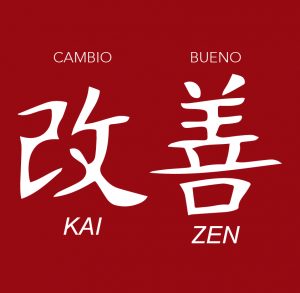El equipo logró identificar diferentes vías de análisis para aquellas solicitudes de registro que ya hubieran sido registradas previamente en Agencias Reguladoras con alto reconocimiento por su cuidado del ambiente y la salud humana como las de países OCDE.
De esta forma se definieron vías específicas para los Registros de Ingrediente Activo Grado Técnico por Reconocimiento OCDE, Registros de Data Completa, Registros por Equivalencia y finalmente Registros de Formulados.
El día 6 de abril de 2022 se dio la firma del decreto que viene a darle sustento legal a este nuevo diseño de proceso, que a diferencia de los 13 años que eran necesarios para recibir una resolución sobre un registro, establece plazos de 43 días hábiles para los registros por reconocimiento OCDE, 134 días para los registros de data completa, 68 días para los registros por equivalencia umbral I y 63 días para los registros por equivalencia umbral II y de 135 días para los registros de formulados.
Algunos se podrían preguntar si ¿estos plazos serán realistas o por el contrario serán letra muerta? La evidencia nos muestra que al haber diseñado los procesos previo al diseño de la normativa, nos permite demostrar la viabilidad técnica de la propuesta. Esto se ve demostrado con los registros de Ingrediente Activo por Reconocimiento OCDE los cuales desde enero 2021 en que fue firmado el decreto hasta la fecha, ha recibido 3 solicitudes de registro y las mismas han sido resueltas en un plazo de menos de 45 días, definitivamente todo un hito si vemos la historia de los últimos 20 años.
Lo mejor de todo, es que esto no termina aquí, sino que esta transformación apenas comienza. Uno de los términos que utilizamos en el proceso de transformación cultural es la palabra japonesa Kaizen (Kai = cambio Zen= bueno), algunos la definen como mejora continua, Masaki Imai la define como mejorar todos los días, en todas partes y todas las personas.
Así que como Kaizen se realiza todos los días, al finalizar con la firma de este decreto, comienza la siguiente iteración de Kaizen, donde entramos a la fase de transformación digital. Un proceso rediseñado y con la normativa actualizada entra a la fase de automatización, donde esperamos seguir reduciendo los plazos de resolución de los registros, mejorar la experiencia de los usuarios y darle mejores herramientas a nuestros agricultores para su labor.
Como dijo Shigeo Shingo, la mejora y la excelencia no son tanto de cuánto dinero cuento sino de utilizar el ingenio, es preguntarnos todos los días ¿cómo hacemos para hacer nuestro trabajo mejor todos los días sin caer en las soluciones prohibidas: no pida más presupuesto (no hay), no pida más funcionarios (no hay), no pida más activos (no hay), no pida horas extra (no hay), no pida nuevos sistemas (no hay)? La única salida es trabajar con lo que tenemos haciendo las cosas más rápidas y mejor. Definitivamente esto es lo que ha hecho el equipo de Arlette en el SFE, el equipo de Shirley en DIGECA y el equipo de Illiana en MS.
Felicidades a todos los que han puesto su granito de arena para este gran logro y sigamos trabajando en la transformación de la tramitología de Costa Rica. Estamos cerca de que este tema deje de ser un bloqueante para la competitividad y la inversión. Realmente podemos hacer realidad el lema de la VUI: Vamos por el 1.
Si nos la creemos, podemos estar a la vanguardia en tramitología como cuando fuimos la tercera ciudad con alumbrado público después de París y Nueva York o cuando quisimos tener un teatro tan bonito como los de París y construimos nuestro Teatro Nacional.
